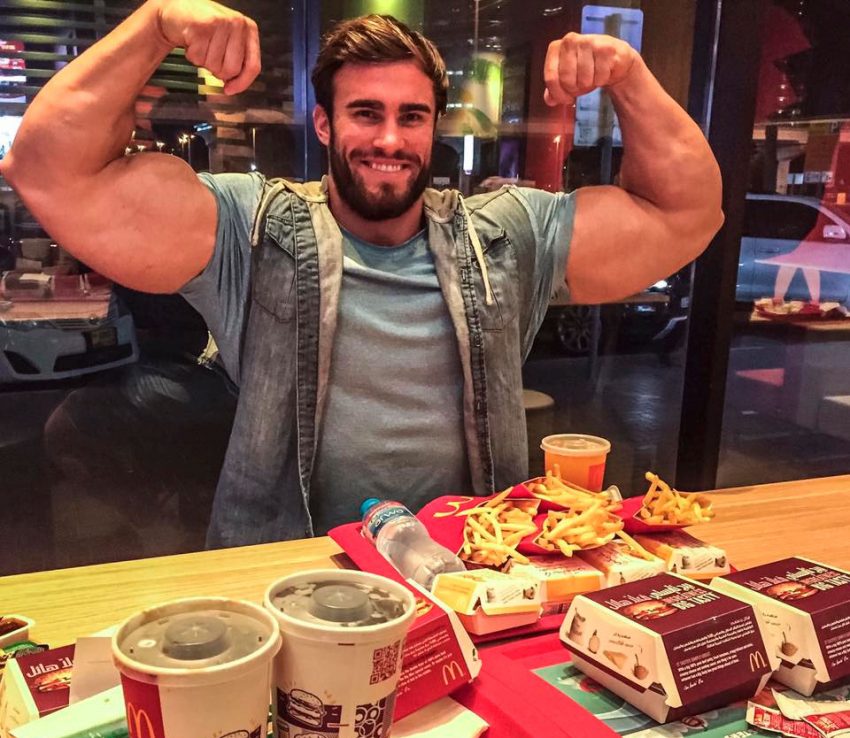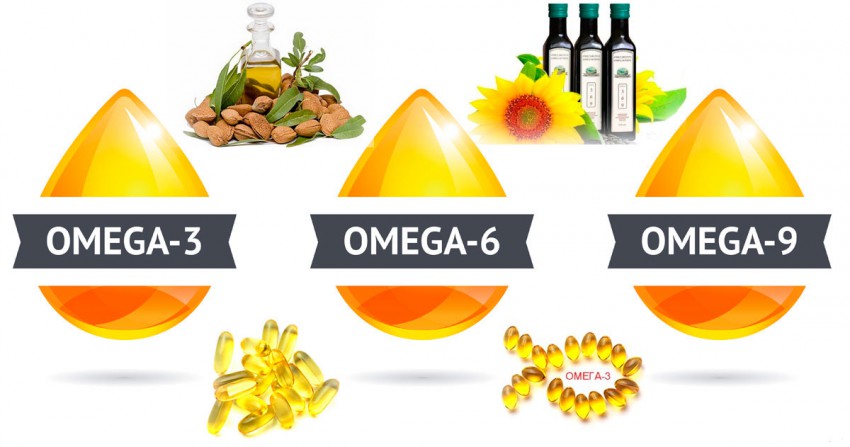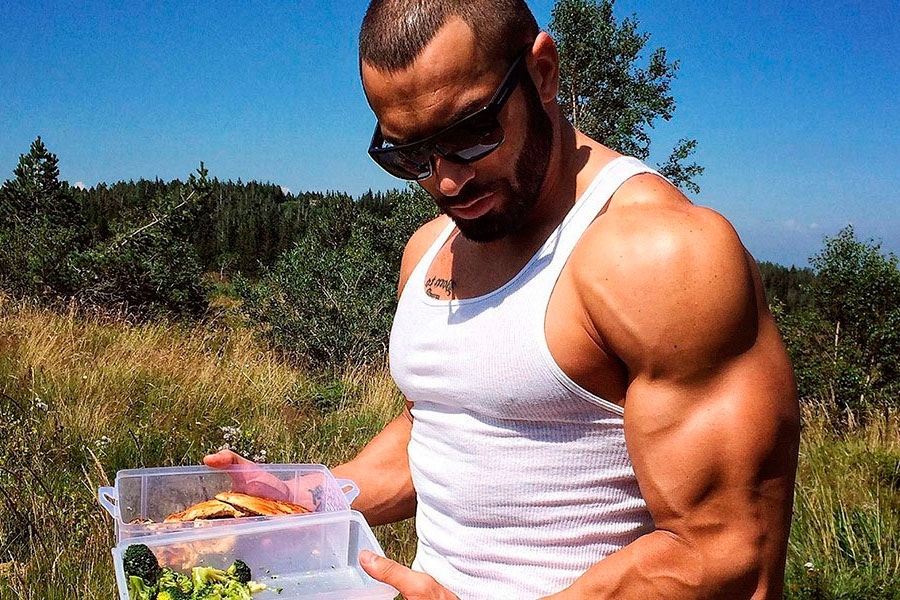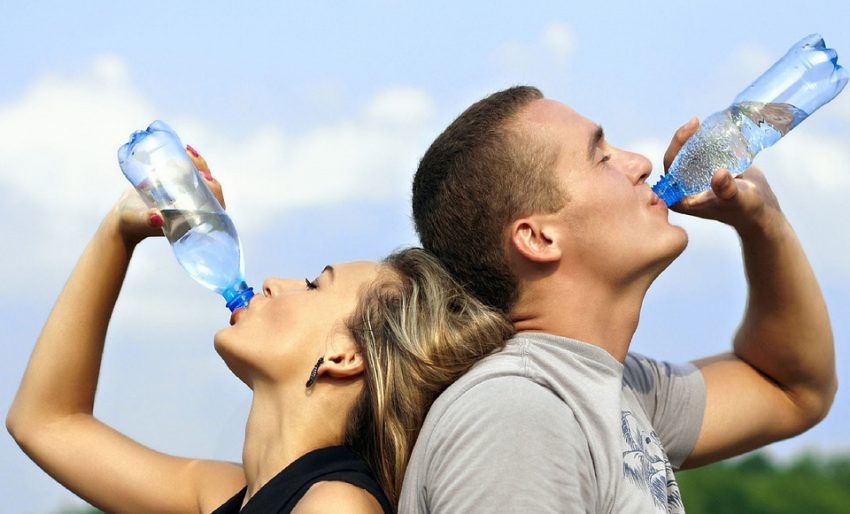Nutrition directly impacts metabolism in the human body. Metabolism depends on how much and what kind of food a person consumes. This affects both the physical and psychological state, the body’s nutrient needs, and even intellectual levels. Nutrition selection in bodybuilding is crucial as it aims to build muscle mass, requiring sufficient nutrients. Therefore, precision in diet is essential; otherwise, daily workout efforts may go unrewarded.
An improper approach to nutrition can adversely affect workout outcomes, rendering all efforts futile. It’s crucial to address this issue seriously at the onset of bodybuilding. Detailed dietary plans are designed specifically for muscle growth in bodybuilding, aiming to avoid common mistakes beginners make. As such, novice bodybuilders often seek answers to questions that already have well-established solutions, given the longstanding and specific nature of bodybuilding.
How many times a day should you eat?

The typical meal schedule of breakfast, lunch, and dinner isn’t suitable for bodybuilders. Longer gaps between meals can lead athletes to feel excessively hungry, triggering the body to tap into stored energy reserves. This can initiate cortisol secretion, which breaks down muscle mass when energy levels drop. Additionally, stored carbohydrates in the liver and muscles are depleted, reducing glycogen levels needed for subsequent workouts.
To maintain optimal energy and muscle growth, athletes should consume smaller meals about six times a day. This approach ensures a constant supply of glucose from the intestines, preserving glycogen stores and preventing cortisol production. Regular meals also accelerate metabolism and promote muscle growth by continuously supplying amino acids to muscles. This consistent presence of amino acids in the bloodstream enhances the athlete’s resilience to various external stressors, supporting more effective and quality training sessions.
What is proper nutrition for gaining muscle mass?

By “proper nutrition,” athletes mean consuming foods that specifically promote muscle tissue growth. Other foods with little benefit should be eliminated from the diet. These include carbonated drinks, sweets, pastries, as well as harmful, fatty, and fried foods. Proper nutrition typically involves natural foods. Bodybuilders primarily eat market-fresh meat, fish, greens, vegetables, and fruits.
Food purchased at markets is genuinely beneficial because it hasn’t undergone special processing that strips it of vitamins and trace elements. Additionally, these foods are not fried but cooked by steaming, grilling, etc., without adding animal fats.
Can you eat at McDonald’s?

Certainly, you can visit McDonald’s, but it’s not advisable to consume their food, especially if you are concerned about excess weight. For lean athletes, one meal at McDonald’s can replace one out of six possible meals. Eating a couple of hamburgers can provide the body with 25g of protein and 66g of carbohydrates. While these numbers aren’t bad, it’s best to avoid fried potatoes, milkshakes, ice cream, and pastries as they offer little nutritional value and can be harmful.
How Much Protein Do You Need Per Day?
Protein is the building block essential for muscle growth. Many people believe that protein accelerates muscle growth. However, hormones like testosterone, growth hormone, and insulin are responsible for increasing muscle mass, provided there is an adequate amount of protein in the body. If the body senses a deficiency, muscle building will halt. Protein should be consumed at a rate of 2 grams per kilogram of the athlete’s weight, gradually increasing to 2.5 grams. For someone weighing around 90 kg, approximately 200 grams of protein should be consumed daily, if not more. This amount should be spread across 6 meals.
Which Protein Is Best?
Many athletes consume whey protein as it is quickly absorbed by the body. Whey protein also contains leucine, isoleucine, and valine, which are considered the primary components necessary for muscle tissue growth. This product is taken half an hour before a workout and also after it.
What Are “Good” Fats?

Fats are considered a primary source of energy for the human body, so they should not be feared. One gram of fat contains up to 9 calories, which is twice as much as carbohydrates. It is commonly believed, especially recently, that good fats are plant-based fats, while bad fats are animal-based. However, this is not entirely true, as the body also needs animal fats since they are a source for the secretion of testosterone and other important hormones.
Typically, vegetarians tend to have lower muscle tone and lower sexual activity. This is due to a lack of testosterone in their bodies, linked to the exclusion of animal-derived foods from their diet. Generally, fats do not harm the human body if consumed in moderation. For the proper growth of healthy mass, a bodybuilder needs to consume foods of both plant and animal origin. Additionally, they should consume fish oil, which contains Omega-3 fatty acids, but no more than 30% of their total daily intake.
What Should You Eat Before a Workout?

Bodybuilding requires an essential pre-workout meal. About 1.5 to 2 hours before starting, it is necessary to eat a balanced meal. You can have chicken, beef, or fish with boiled potatoes, rice, or oatmeal. Half an hour before the workout, drink a shake containing 20 grams of whey protein and 40 grams of carbohydrates. This nutritional approach will allow for more effective training sessions and muscle growth.
What Should You Eat After a Workout?
Equally important is consuming the right nutrients immediately after a workout. Drink a shake containing 20-40 grams of whey protein and 40-100 grams of carbohydrates, known as a gainer, right after finishing your training. About half an hour later, your body will need fast-digesting carbohydrates, such as white bread or mashed potatoes. Delaying the intake of proteins and carbohydrates is not recommended, as their absence can trigger the secretion of cortisol, which is undesirable.
Do You Need to Drink Water and How Much?

Since the human body is primarily composed of water, no processes, including muscle growth, can occur without it. Muscle building also requires sufficient hydration. Often, dehydration is subtle. To check for dehydration, drink three cups of water and observe your condition. If everything is normal, you should feel the need to use the restroom within half an hour. If not, it may indicate a health issue. For a bodybuilder, consuming 3.5 liters of fluid per day is the norm.
Water helps flush out toxins and nourish muscle tissues. When you feel thirsty, you should drink more than just a little. If one glass of water quenches your thirst, try drinking two next time to ensure adequate hydration.
Can You Break the Sports Diet?
People on a diet often crave something tasty, like ice cream, pizza, or a sweet cake. If a bodybuilder is naturally slim, breaking the diet once a week is permissible without issues. However, if the athlete is constantly battling excess weight, they should limit themselves to breaking the diet only once a day. In other words, out of six meals, one can be less healthy, but the other five should consist of nutritious food. Even then, try to eat smaller portions to stay within the daily calorie limit.
